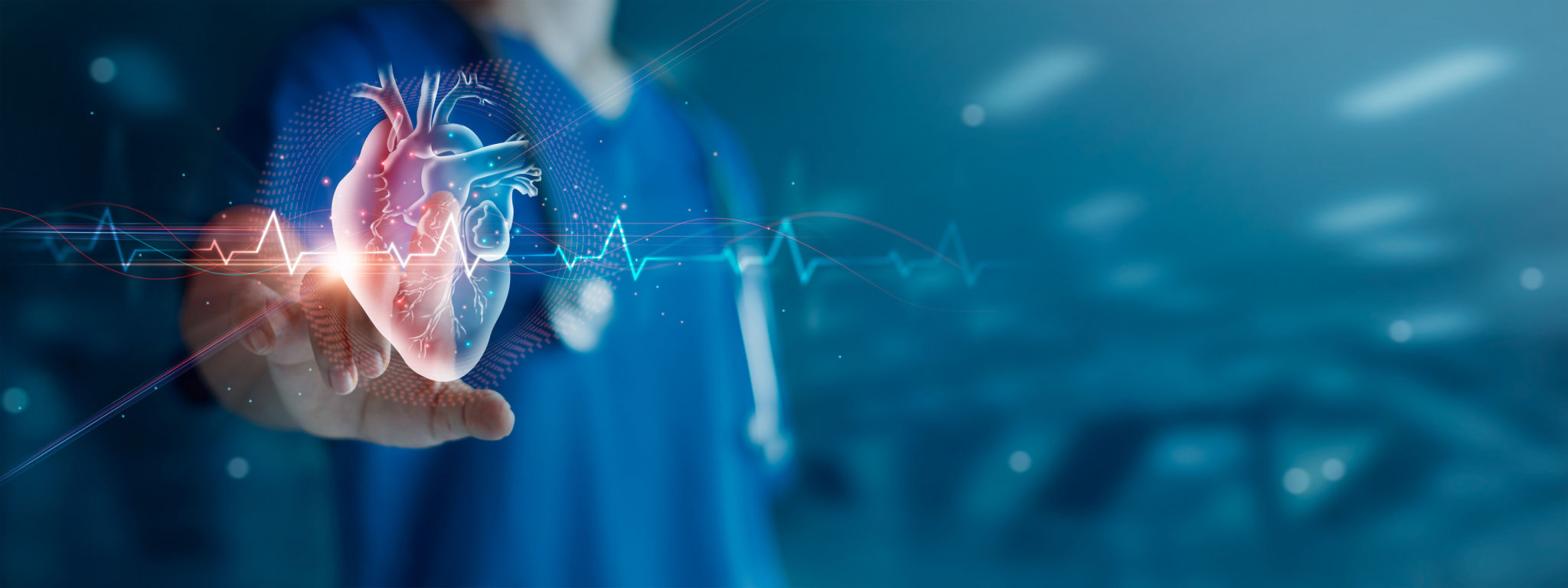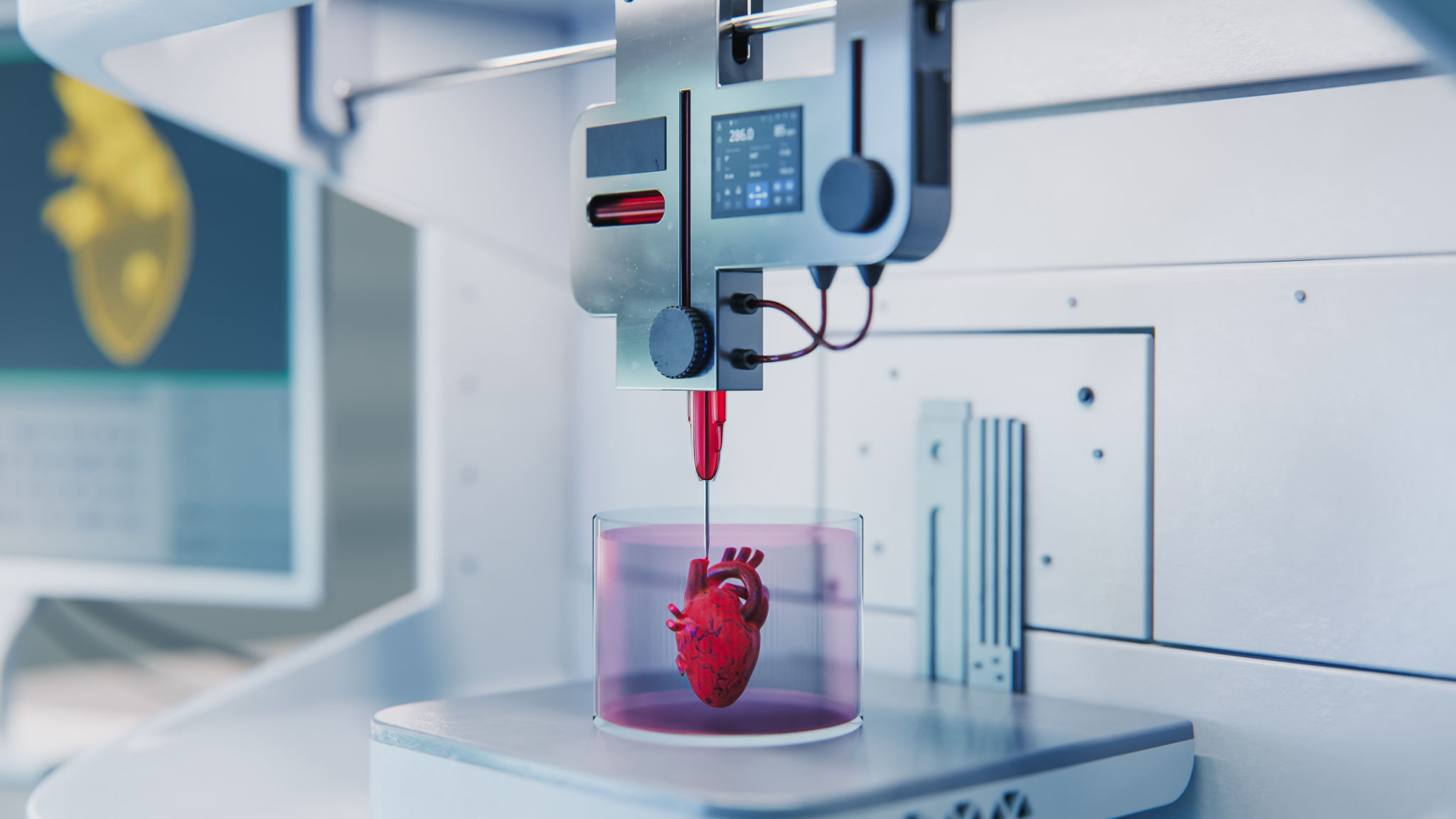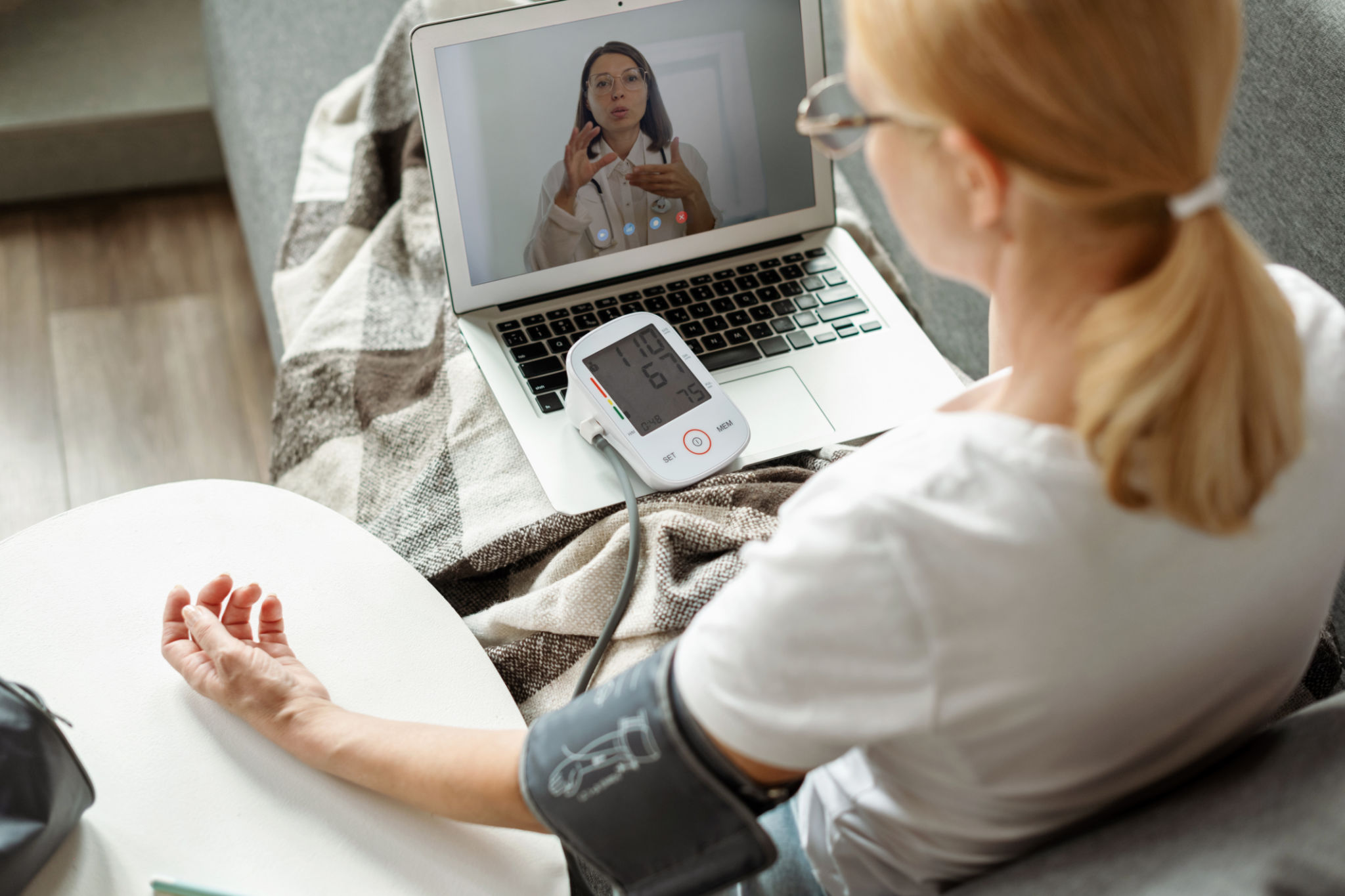Top 5 MedTech Innovations in Cardiology and Their Impact on Patient Care
Revolutionizing Cardiology Through MedTech Innovations
The field of cardiology has undergone a significant transformation in recent years, thanks to groundbreaking advancements in medical technology. These innovations have not only improved diagnostic accuracy but have also enhanced patient care and outcomes. In this post, we explore the top five MedTech innovations in cardiology that are making a substantial impact on patient care.

1. Wearable Heart Monitors
Wearable heart monitors have revolutionized how we monitor cardiovascular health. These devices provide continuous real-time data about a patient's heart rate, rhythm, and other vital statistics. The ability to track heart health outside of clinical settings means patients can receive timely warnings about potentially dangerous conditions such as arrhythmias or heart attacks.
Moreover, these wearables are equipped with advanced algorithms that can detect anomalies, alerting healthcare providers to intervene promptly. The convenience and accessibility of wearable heart monitors are empowering patients to take charge of their health, leading to better management of chronic cardiac conditions.
2. 3D Printing for Heart Models
3D printing technology has found a pivotal role in cardiology by creating precise models of patients' hearts. These models assist surgeons in planning complex procedures, allowing for a detailed understanding of each patient's unique anatomy. This innovation reduces the risk of complications during surgery and increases the success rate of cardiac interventions.

In addition to surgical planning, 3D-printed heart models serve as educational tools for both medical professionals and patients. They help bridge the knowledge gap, fostering better communication and understanding of the treatment process.
3. Artificial Intelligence in Cardiac Diagnostics
Artificial intelligence (AI) is transforming cardiac diagnostics by providing more accurate and efficient analysis of medical images. AI algorithms are capable of identifying patterns that may be overlooked by human eyes, leading to early detection of conditions like coronary artery disease and heart failure.
This technology aids cardiologists in making faster, more informed decisions, ultimately improving patient outcomes. As AI continues to evolve, its integration into cardiology promises even greater advancements in diagnostic precision and personalized treatment plans.
4. Telecardiology: Remote Cardiac Care
Telecardiology has expanded access to cardiac care, particularly for patients in remote or underserved areas. Through telemedicine platforms, patients can consult with cardiologists without the need for physical visits. This is especially beneficial for routine check-ups and monitoring chronic conditions.

The convenience of telecardiology not only enhances patient satisfaction but also reduces healthcare costs by minimizing unnecessary hospital visits. It ensures that patients receive timely care and management, regardless of their geographical location.
5. Advanced Catheterization Techniques
Recent advancements in catheterization techniques have significantly improved the treatment of coronary artery disease and other cardiac conditions. Techniques like transcatheter aortic valve replacement (TAVR) provide minimally invasive alternatives to traditional open-heart surgery.
These advanced methods reduce recovery time and lower the risk of complications, making them suitable for high-risk patients who might not withstand conventional surgery. As these techniques continue to evolve, they promise to further enhance patient care and broaden treatment possibilities.
In conclusion, the top five MedTech innovations in cardiology are reshaping the landscape of patient care. By integrating these technologies into clinical practice, healthcare providers can offer more accurate diagnoses, personalized treatment plans, and improved patient outcomes. As we look to the future, continued innovation in MedTech holds the promise of even greater advancements in cardiac care.
